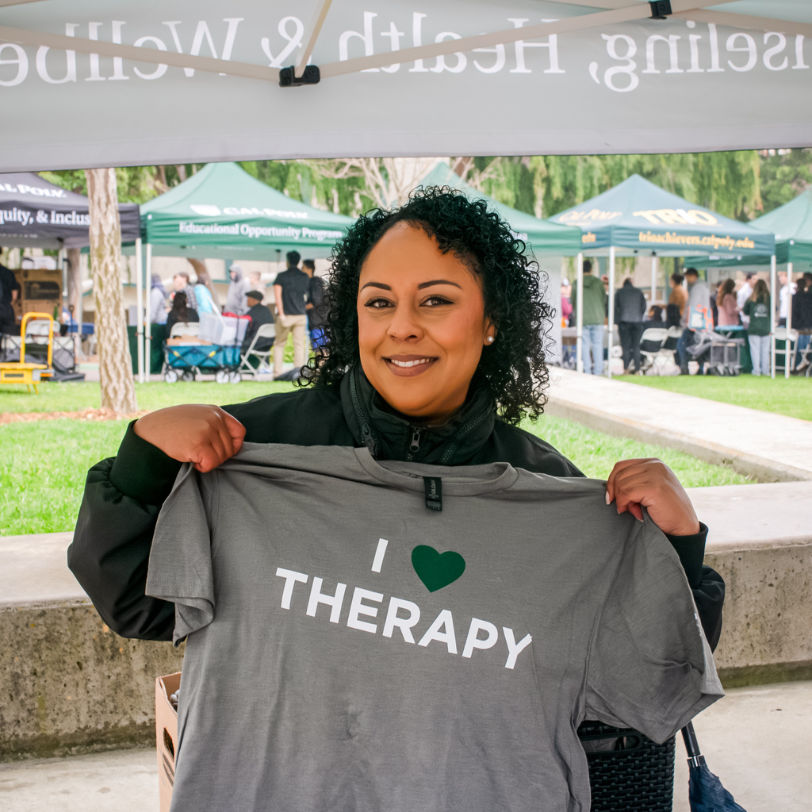You are in an abusive/violent relationship

What can I do if I'm in an abusive relationship?
- First: Remember you have the right to live without fear and violence.
- Talk to someone you trust. You deserve to be heard & believed.
- If you decide to leave the relationship, you can develop a safety plan. You can learn more about safety plans here, and/or make an appointment with a confidential advocate to develop one together.
- Seek help from one of the resources at Cal Poly. You can ask to speak with a therapist at Counseling Services who is knowledgeable about partner abuse.
- Call Stand Strong 24/7 at 805-781-6400. This is a San Luis Obispo local non-profit serving survivors of domestic violence through legal advocacy, restraining orders, shelter, crisis counseling, therapy, and more. Learn more about Stand Strong here.
- If you are in immediate danger, call 9-1-1. When the police arrive, you can ask for an Emergency Protective Order (EPO). An EPO can be issued by the police 24 hours a day. This order serves as immediate protection from the abuser. Temporary custody of the children is given to the person to be protected by the order. If the abuser violates this order, they may be arrested. Calling the police each time the EPO is violated may help you in the process of getting a more permanent protection order. This order is good for five court days, which allows you time to file a request for a Domestic Violence Restraining Order.
- Seek a restraining order. Stand Strong & RISE both provide assistance completing Restraining Order paperwork. A Domestic Violence Restraining Order provides longer-term legal protection and may include move-out orders (mandating the restrained person to move-out of a shared residence), a stay-away order (mandating the restrained person to stay 50-100 yards away from the protected party at all times), along with child custody, visitation, and support orders.
How do I get out of an abusive relationship? What can I do after I leave?
- Change your phone number and/or screen all of your calls.
- Trust your instincts.
- Save and document all contacts, messages, injuries or other incidents involving interaction with the abuser.
- Change locks at your home and to your vehicle.
- Avoid staying alone.
- Plan how to get away if confronted by an abusive partner.
- If you have to meet your partner, do so in a public place with a family member or friend nearby or present.
- Vary your routines.
- Notify school and those you work with, so if they see the abuser they can make an emergency call on your behalf.
- Consider applying for a Temporary Restraining Order.



